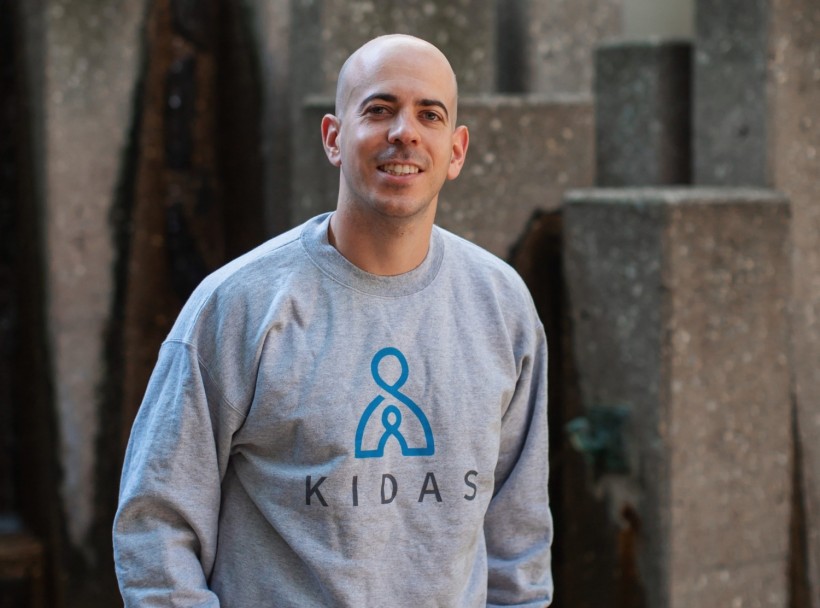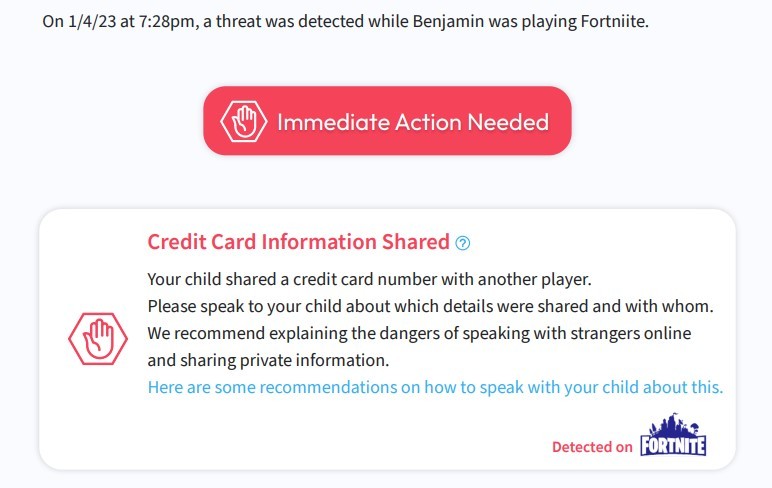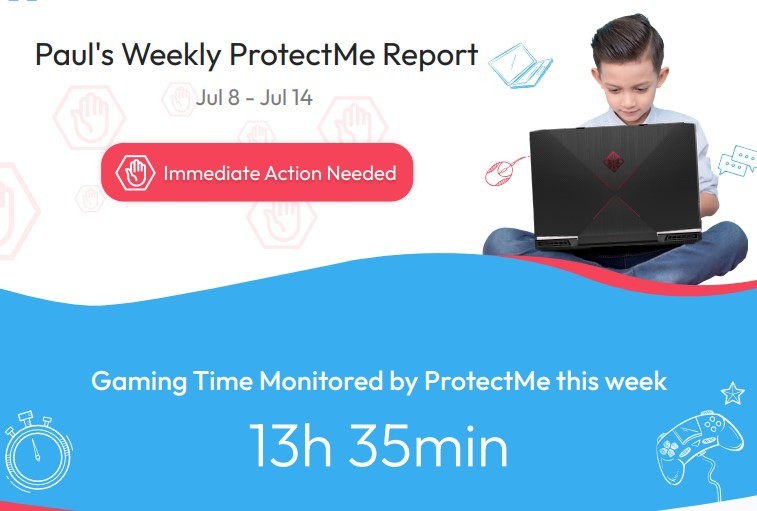It's November 10th, 2009 and a very exciting new experience has just been released to an incredibly rabid fanbase of FPS gamers. You, one of those very excited players, dive straight into the world of Call of Duty: Modern Warfare 2's multiplayer, hyped to play with friends, experience the all-new mechanics, and potentially meet new CoD gamers along the way.
Except, for the most part, online lobbies prove to be challenging. Not challenging in the sense that the maps are difficult to play or players are simply better than you. No, these online lobbies are challenging due to the immense swath of negative and toxic comments swirling through your headphones. While some phrases and interactions are relatively minor to some extent, most still get under your skin. And, although you wish it would, it seemingly never stops throughout the course of the game's long lifecycle.
Even still to this day circa 2023, whereupon such extravagant experiences as League of Legends, Valorant, Grand Theft Auto Online, Call of Duty, and Dota 2 exist, communities still thrive in a negative and unabashedly toxic environment. Those aforementioned games weren't listed randomly, either, as they consist of some of the most toxic communities in the ecosystem. And they aren't alone.
Just taking a quick glance at a search across multiple sites listing the most toxic gaming communities and one can see some of the biggest names in the industry easily fit the bill. According to Dot Esports, CS:GO (a game that initially launched over a decade ago and wields a concurrent 1,802,853 players) takes the cake, with Dota 2 and GTA Online lagging behind in the second and third spots, respectively.
Much of these issues stem primarily from little to no moderation on the part of the developers. Back in September 2022, Activision was quick to announce that it had banned 500,000 so-called "toxic" accounts from its Call of Duty battle royale offshoot Warzone. While on the surface this may appear valiant and rewarding, those same players can be right back on the game in no time with a new account like nothing ever happened, as witnessed previously via hackers in the same game.
Thus, even when developers do step in, it's of little to no avail. Some might want to handwave away these issues, ie "toxicity and gaming go hand in hand," or "it's always been like this and it'll never change." Kidas, a software provider aimed at protecting young gamers from cyberbullying, begs to differ.
Led by an ex-Israeli military software developer and engineer, Kidas isn't the type to take kindly to bullies. CEO Ron Kerbs saw the very holes in gaming's most prestigious worlds that many seem to ignore. Realizing developers could do little to act (or were unwilling), Ron leveraged his know-how in engineering to devise a platform that could, as the name would later suggest, protect young gamers from the masses of callous and egregious individuals lurking online.

Aptly coined ProtectMe, Ron's software, which initially debuted in 2021, stands as a testament to online security and child safety. Although only currently available for PC games and apps (with console support coming eventually in the long-term), the software not only monitors voice logs but also text chat and can alert parents of potential instances of bullying, whether that be against the child or even on the part of the child.
While the focus remains primarily on children, as it should, ProtectMe is also aimed at keeping parents informed about their child's various online interactions. That doesn't mean every single bit of information is parceled out to the parent, but only the most explicit and toxic occurrences behind their day-to-day online gaming. This includes time spent within the game and an overall threat level, with supporting information, like threat examples and an article of the week.

To some, Kidas' software might bear resemblances (if only ever so slightly) to a fictitious future tech product called Arkangel, as seen in an episode of Black Mirror with the same name. This gadget essentially allows the parent to see through the eyes of their child, alerts them of danger, drug use, heart palpitations, and the like, thus later causing (as one might guess) irreparable damage to the mother-daughter relationship on display in the episode.
While exaggerated and very much in line with Black Mirror's all too often negative viewpoint on technology, the episode is a reminder that overprotection and pseudo-spying can be causes for great alarm in children. That, however, is not what Kidas is here for. As already mentioned, parents don't receive a full transcript of the child's online behavior. And, per Kidas' own recommendation, the software is rarely if ever used without the child's knowledge or consent.
ProtectMe uses a four-pronged approach to child safety: chat monitoring, weekly rundowns, immediate alerts of potentially harmful interactions, and support in the form of blog posts and recommendations to help parents AND their children find the appropriate balance of safety and fun while gaming.
In a meeting with Ron, I was spellbound by one story of note that showed the software in action. He explained to me an occurrence with one mother-son relationship, wherein the child was the bad actor. The mother would inevitably cancel her subscription as she simply could not accept the raw fact, as proven by Kidas' software, that her son was bullying other children online.
Related Article: Threads Adds Twitter-like Retweeting Feature-What Does Resposts Tab Do?
This prior occurrence digs deep into the root of the issue: it starts with the parents. But without the necessary tools and a broader knowledge of their child's activities, it can be quite difficult to help them or protect them in dangerous situations.
A more recent dataset taken from 10,000 random voice chats reviewed by Kidas with help from an unnamed gaming publisher and developer proves that of major risk, discovered in nearly one out of 25 online conversations, is sexual content. The same data also alluded to a 1.2 percent potential, about 120 conservations, of children sharing sensitive and private information, such as home addresses and/or credit card numbers.
In total, out of the 10,000 conversations tested, around 5% (or nearly 500 of them) detailed harmful and negative interactions.
On Kidas' own About Us page, the company describes an incident wherein a young Philadelphian girl was sexually assaulted after meeting with an individual she initially encountered online. This unfortunate reality led Ron to inevitably design ProtectMe in the hopes that instances like this, where a parent's intervention could have easily swayed and halted the occurrence if only they had known prior, can be rectified across the board.
The software currently supports over 200 games, most of which are the biggest names in the industry, including Modern Warfare, Fortnite, Roblox, World of Warcraft, and even Discord.

Those willing to try the software can get their first two weeks free of charge, with monthly installments of $6 thereafter or $60 annually. It's an incredibly small price to pay for better protections against the myriad of threats waiting online in games. The company's press page is also an invaluable resource for those looking to better understand their child, their gaming habits, and how best to approach safe play.
With an Industry and Scientific advisory board stacked with some of the very best in the business, and headed by one of the most passionate and dedicated individuals, Kidas is action personified. It's marked as one of the very few firms out there that gets the nasty underbelly hidden within the recesses of online gaming, while still truly loving the pastime and wanting the absolute best practices for it.
Kidas and its ProtectMe software may well be at the forefront of inevitable change. While it's entirely wishful thinking to hope all bad actors, scammers, and cyberbullies can be driven off various platforms, at least parents can rest easy knowing their child is in the safest hands imaginable.
Read Also: PS1 Games on PS5: Here Are the Classic Titles Available on PlayStation Plus Premium








